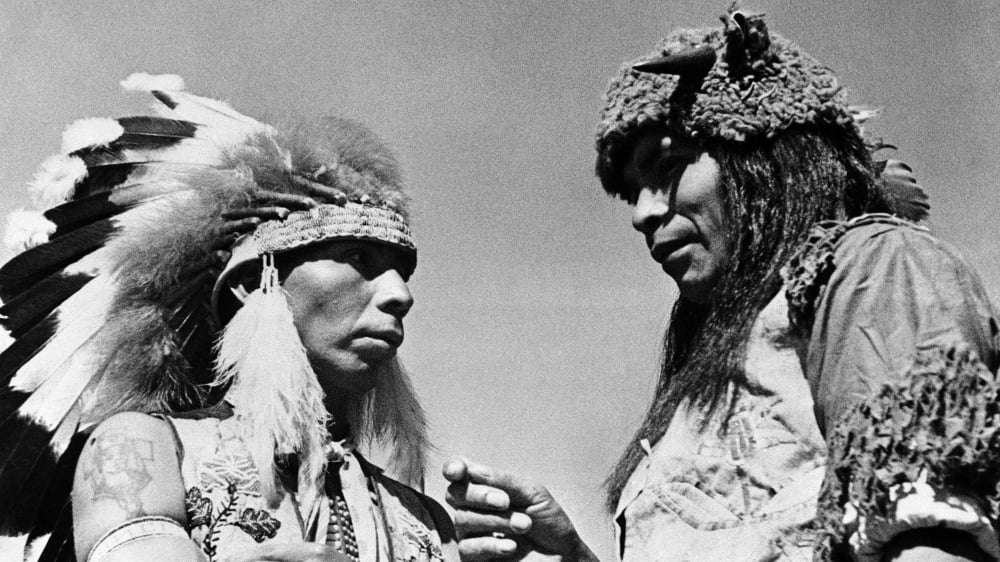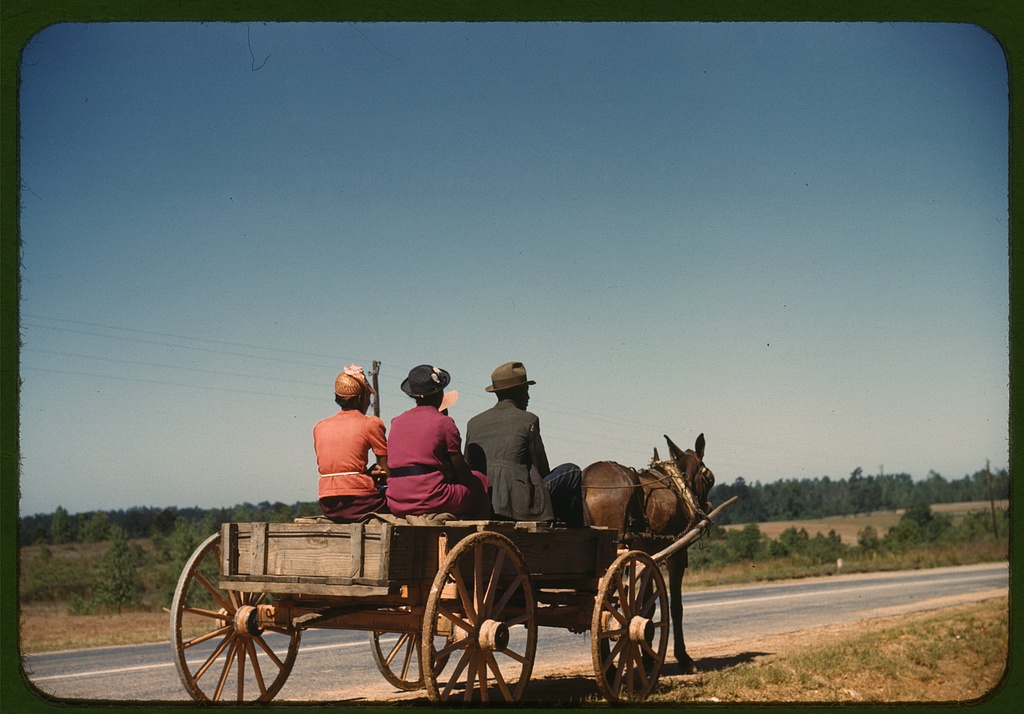11 Places to Look for African American & American Indian Genealogical Research
Researching Genealogy can be a very frustrating thing, especially for American Indian & African American genealogy. One of the major issues with doing our genealogy is where to look. We know of the basic genealogy websites that people use like ancestry.com or familysearch.org, but where to look after you have exhausted those websites for information?
May contain affiliate links. See Disclaimer.

Here are some places to look:
- Obituaries – One of the best places to look for information on your ancestors are the obituaries for them or other family members. these documents usually will give some detail about an ancestor’s life, death, and even list family members. They will pretty much tell you information that would spend a million hours on a genealogy website looking for. Obituaries are the motherlode of information on an ancestor.
- Military Records – For male ancestors find military records is like hitting the jackpot! They will sometimes list vital information on the males in your family tree including their family members, appearance, and even personal traits like being deaf or blind. You can use a female ancestor’s brother to find out the names of her parents or use her father’s records to find grandparents.
- Living Relatives or Elders – The elders always have the tea on the family. If you want to know anything about the family members that have passed you will need to contact elders before even starting your research. You will find that if you bypass them it will make your search harder and more time-consuming. Sit down with them and record their knowledge before they are gone. They are living books and the ones comfortable enough to talk enjoy speaking about their ancestry.
- Google.com – You can Google anything these days, including ancestors. Just type their full name in parentheses and search away. Include other details like their state and spouse’s name to narrow the search down. You can even search for more clarity on other documents that you have found like military records or the area that they lived.
- Cemetery or Funeral HomeRecords – Just like the obituary, cemeteries and funeral homes hold information about the people they serviced in their final moments. They might information on adjoining plots that belong to family members.
- Findagrave.com – Findagrave.com has a search engine containing the world’s largest collection of gravesites. It may even give family history, information on the ancestor’s life, and has helped many break brick walls in genealogy.
- Tax Records – The further you go back, especially for free ancestors, tax records are vital to your search in places that census records do not cover. Many times finding a tax record will solidify that an ancestor was a free person of color. It will show that they were landowners and you may see other family members beside them on their records.
- FreeAfricanAmericans.com – This is by far the best website to get information on free ancestors of African American & American Indian ancestry. The title says ‘African American’ but many of the people enrolled in tribes on the southeast coast dealing with the Eastern Woodland tribes can trace their ancestry to people documented on this website. The website is an updated version of Paul Heineggs two-volume set of books. This website is invaluable to those of us with free ancestors. We don’t know how long the website will be up, so it’s good to buy the books too. You can purchase Volume 1 & Volume 2 here. He also wrote Free African Americans of Maryland and Delaware from the Colonial Period to 1810.
- Church Records and Family Bible – Back in the day, many families recorded births, marriages, and even deaths in the family bible. Ask your elders if they know of a family bible. You can also call or visit the family church to see if they have records available. Some churches on the east coast have books written on churches that have information about the congregation. Look for all in the area of the ancestors you are trying to locate. Even seemingly “white” church had free and enslaved members or attendees of color in some cases–especially in Virginia.
- State Archives – Check for records at your state archives. Sometimes they have records available online or by phone (If you call and order items). Most likely you will have to plan a trip to the archives to look for records. Be prepared to pay for copies of records. Or if you are smart like me, take pictures of the documents with your phone, if they allow it.
- Indian Rolls – For those with suspicion or knowledge of ancestry in the 5 Civilized Tribes (Choctaw, Cherokee, Chickasaw, Creek, and Seminole), the best place to look for information would be various Indian Rolls for the tribe that you believe your family is associated with. There are some available online with a quick google search, or you can find volumes of the Rolls at some local libraries or genealogy centers.
For more information on How to Trace American Indian & African American Genealogy, check out Adena Academy for classes.
